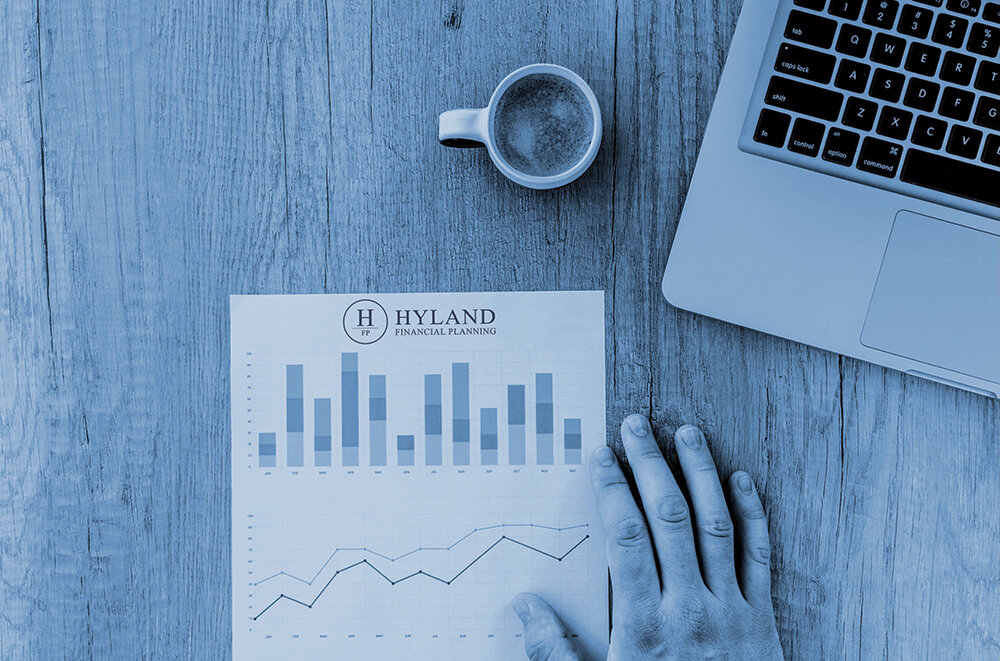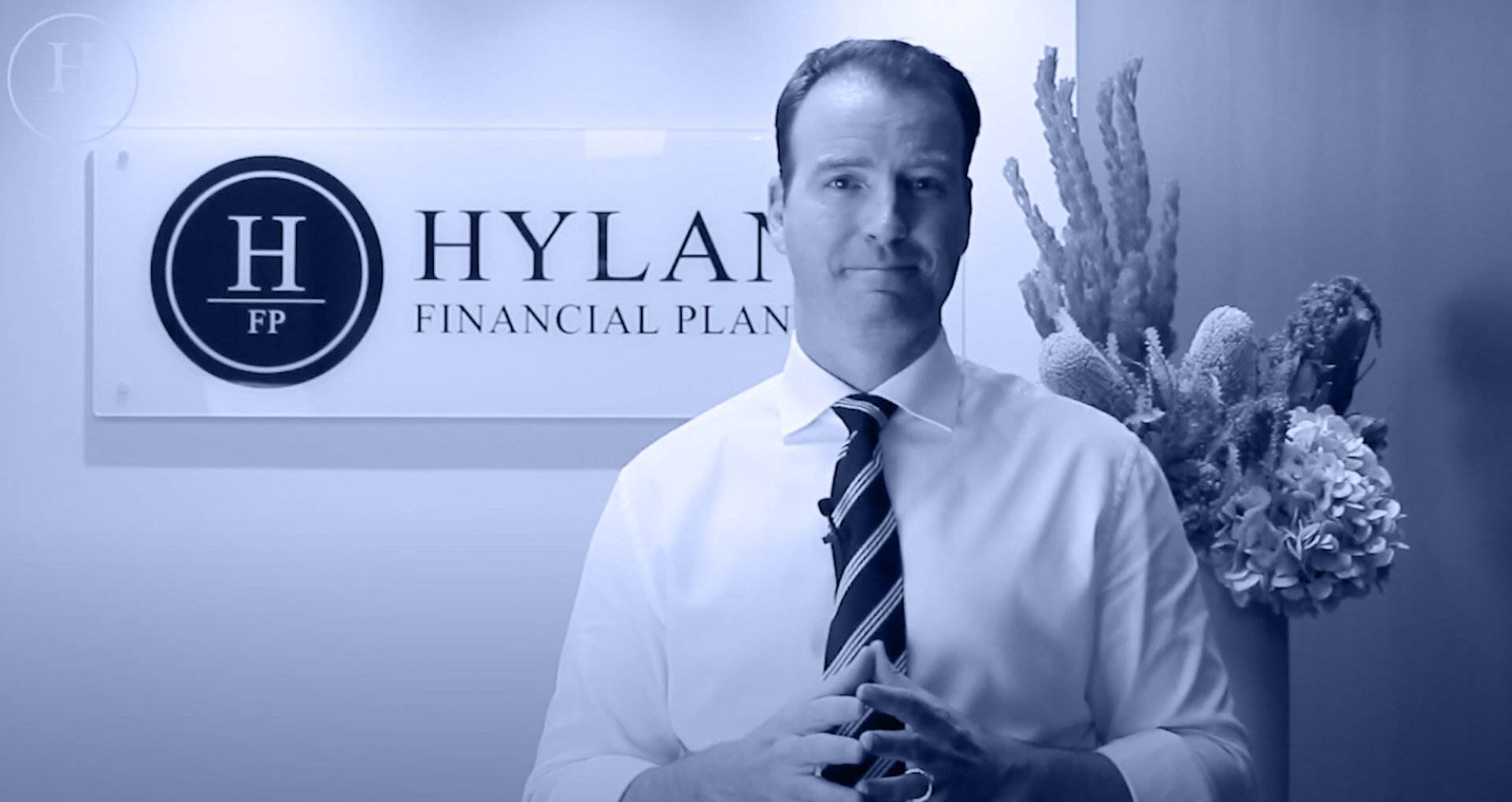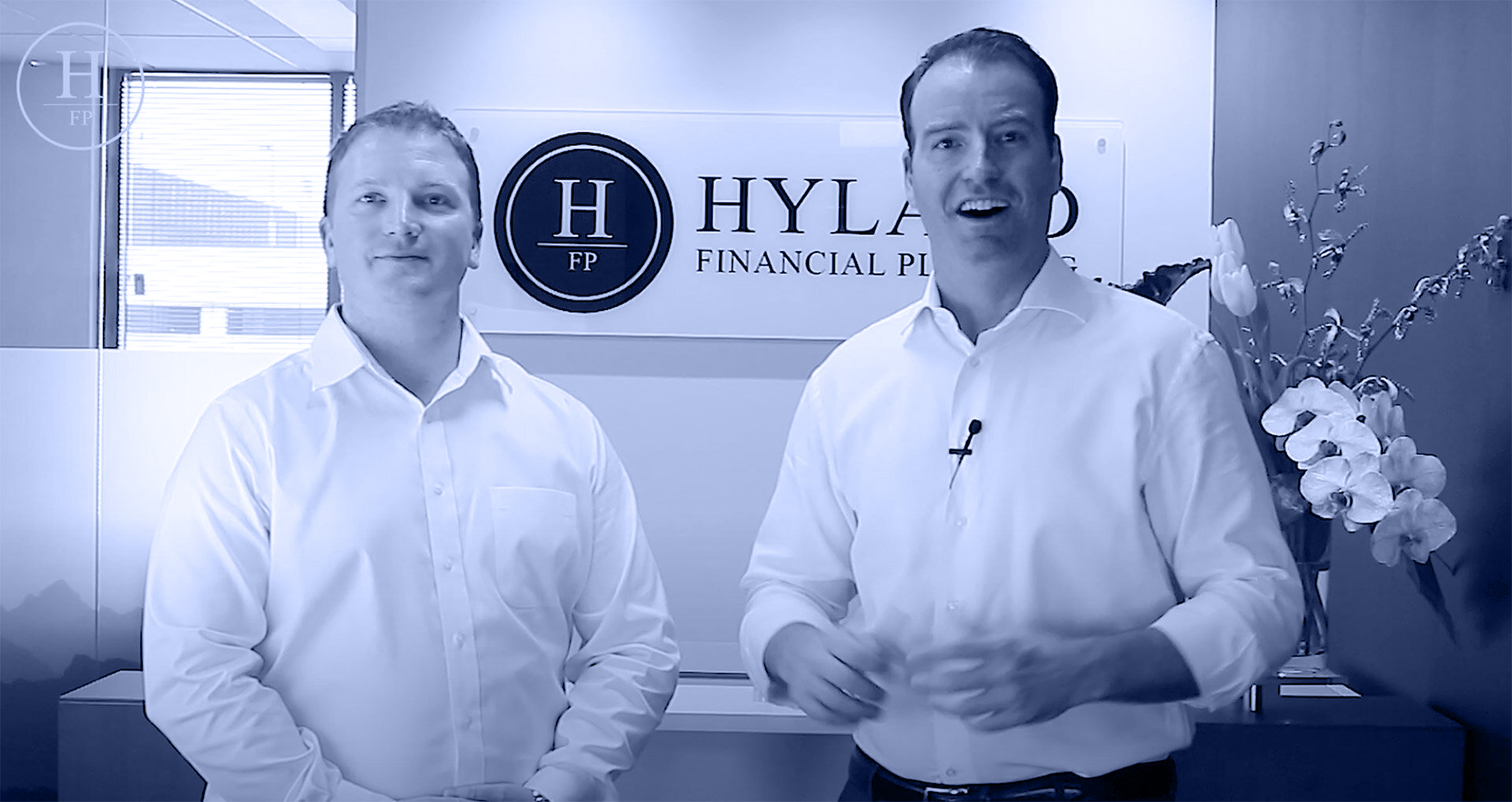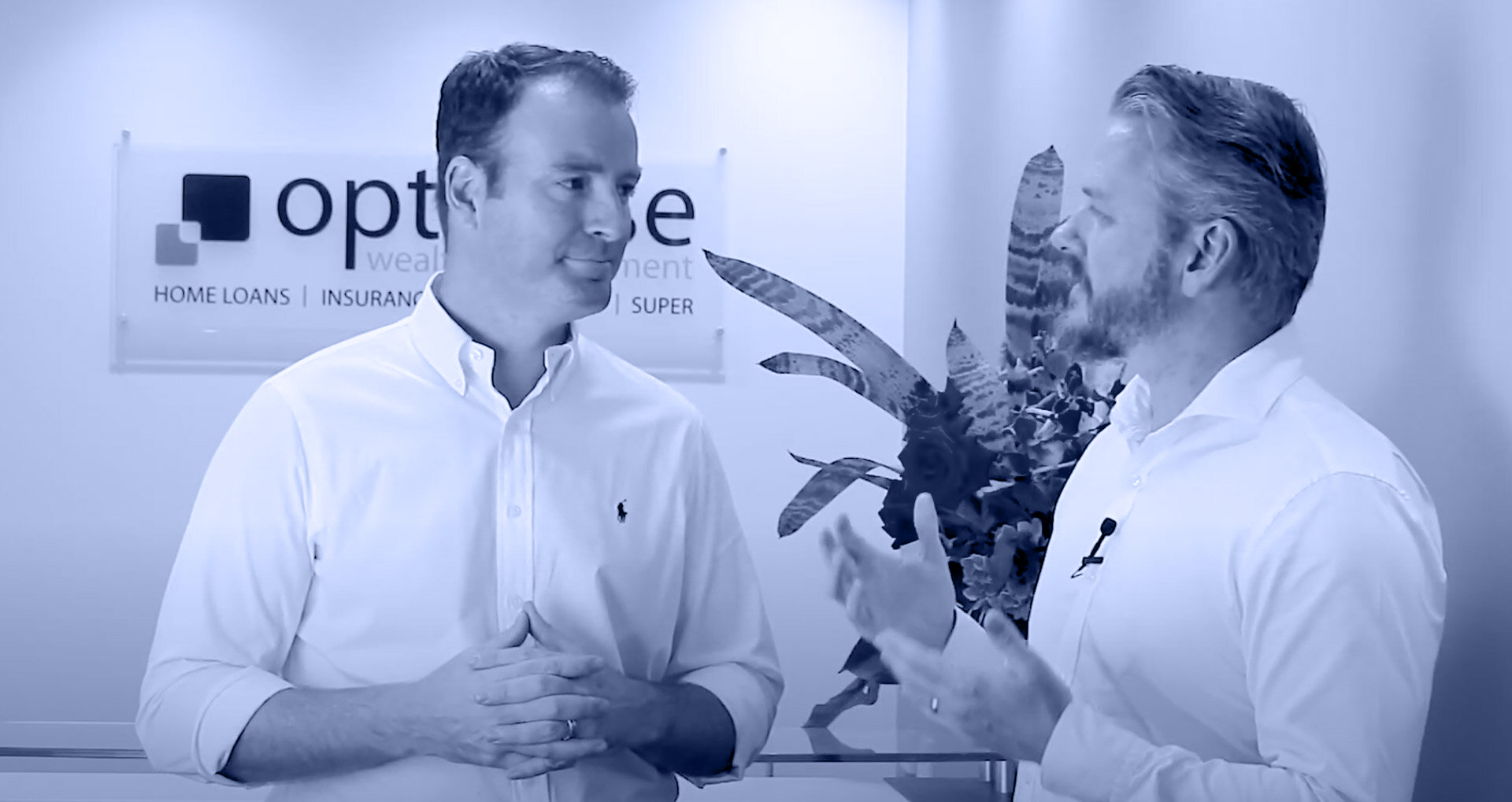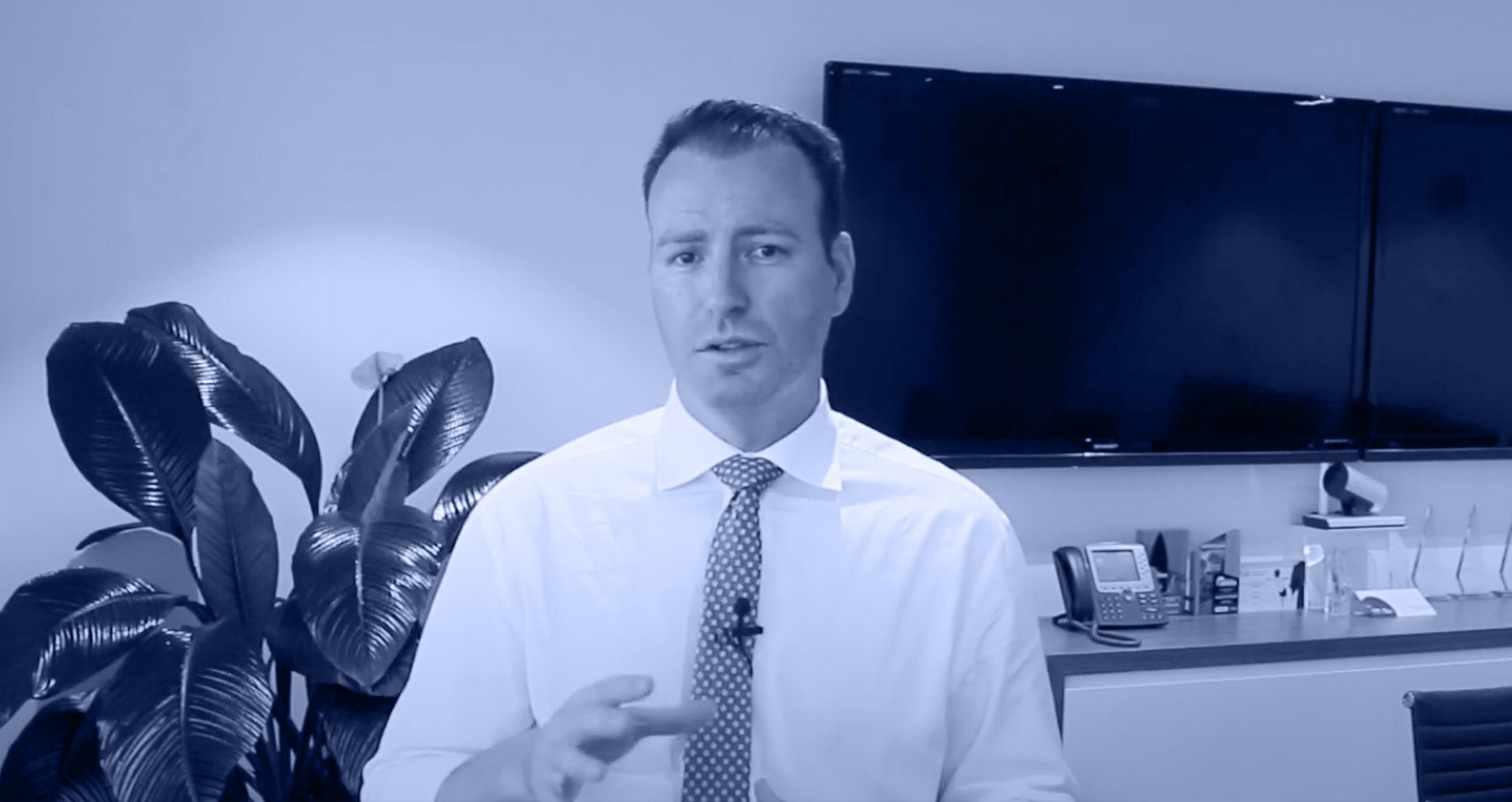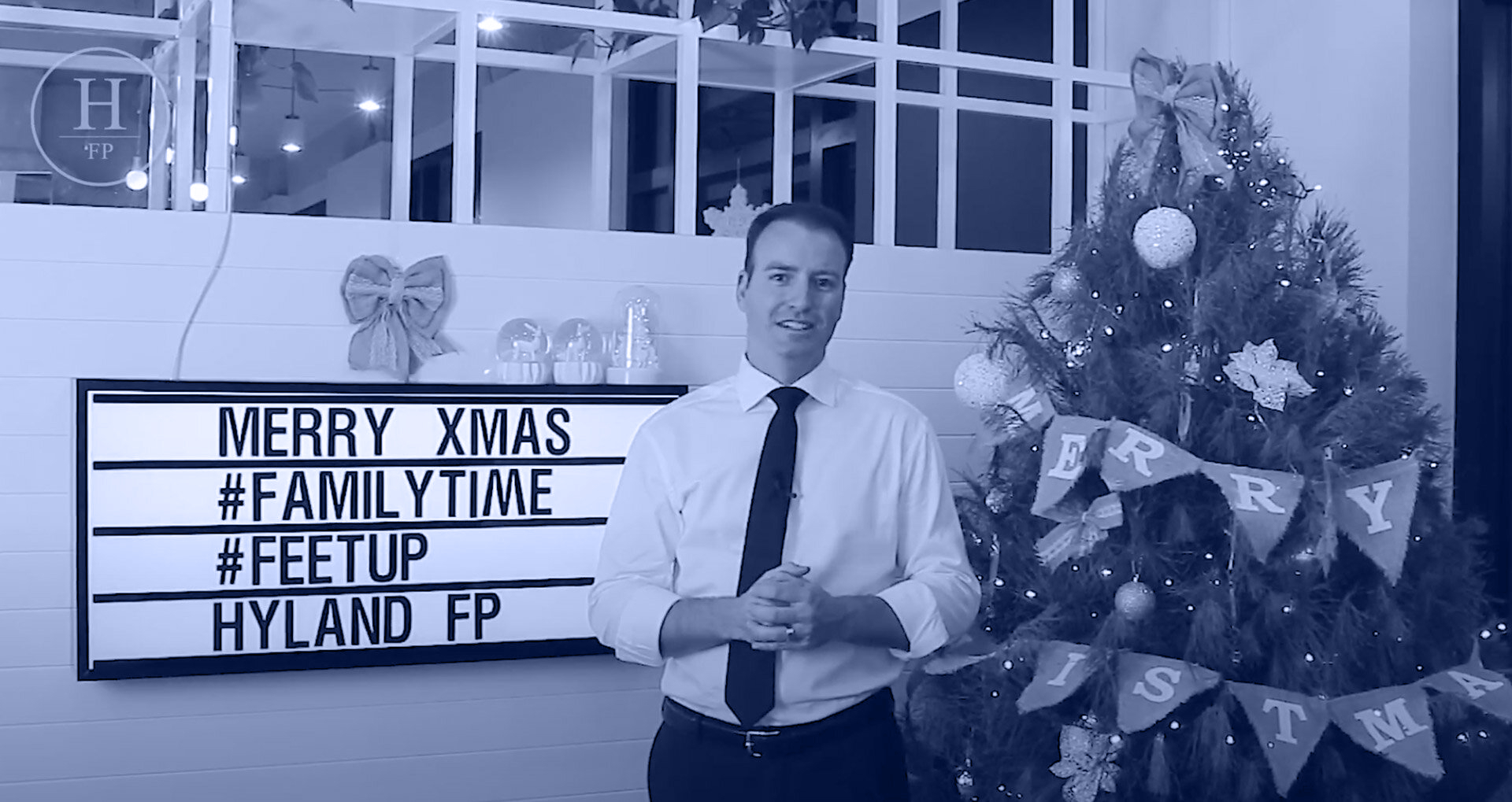The COVID-19 crisis that Australia and the rest of the world is coming to grips with has caused immense concern for many of us. You, or someone you know, may have questions or concerns that relate to financial matters, such as accessing super, managing income stream payments, applying for social security entitlements, aged care bonds and more. We have put together some information to help you navigate these uncertain times and to answer some frequently asked questions. More information and details will become available soon as these measures are legislated.
Q: Can I access my super to help meet expenses?
Super is an investment that is generally only able to be accessed when you retire. To access your super savings, you need to meet what is known as a ‘condition of release’. The Government has also introduced a new option to access some of your super savings where you’re in financial distress as a result of Coronavirus.
While the conditions of release to access super are quite restrictive before retirement or reaching age 65, there are certain instances where you may be able to get early access to some of your super. These include:
- severe financial hardship (see next question)
- specified compassionate grounds (see page 2)
- under the new temporary access measures as a result of Coronavirus, and `
- reaching ‘preservation age’ where you can start a ‘transition to retirement pension’, taking annual income payments of up to 10% of the account balance.
Note: Preservation age ranges from 55 to 60, depending on your date of birth. For more information see ato.gov.au.
You can fully access your super when you:
- reach your preservation age and declare retirement
- cease an employment arrangement after turning age 60
- reach age 65
- are permanently disabled, or
- are terminally ill.
Unfortunately, if you lose your job but don’t meet a condition of release or the requirements for the new Coronavirus related condition, you’re not able to access money in super.
Note: To understand more about these conditions of release and the tax you may have to pay on amounts you withdraw from super, please speak to your financial adviser at Hyland Financial Planning, or visit ato.gov.au for more information. If you receive a Government benefit or concession, it’s also important to check how any amount you withdraw could impact your entitlement.
Q: How much of my super can I access if I am under ‘financial stress as a result of Coronavirus?
You may be eligible to access two lump sums of $10,000 from your super under this condition. The first payment must be applied for before 1 July 2020. You may be eligible to claim a second payment of $10,000 from 1 July for approximately three months.
To be eligible, you must meet one of the following conditions:
- you are unemployed
- you are eligible to receive Jobseeker Payment, Youth Allowance (JobSeeker only – excludes recipients undertaking full-time study or new apprentices), Parenting Payment, Special Benefit or Farm Household Allowance
- on or after 1 January 2020, you were made redundant, your hours of work reduced by at least 20%, or if you’re a sole trader, your business was suspended or your turnover reduced by at least 20%.
You’ll also be able to make a withdrawal where you’re an employee of your own company or family trust and your working hours have decreased by at least 20%.
You can only apply for one payment per financial year. If you withdraw less than $10,000 in a financial year, it is not possible to make a second application up to the $10,000 limit. Unused amounts in 2019/20 do not rollover to the 2020/21 financial year.
Application will be through MyGov, and you’ll need to make a declaration that you meet one of the above eligibility requirements. Once the ATO confirms you’re eligible, they will issue you and your super fund with a determination and the payment will be made to you. If you have a self-managed super fund, arrangements will differ and additional information will be provided by the ATO.
These payments will be tax-free and won’t be assessable when determining your entitlement to Centrelink or DVA entitlements. You can apply to access your funds under this condition of release on MyGov.
It is expected that claims can be made from mid-April.
Q: Can I access my super under the Coronavirus condition of release if my income has reduced, however I remain working the same hours each week?
No. A 20% reduction in working hours is required when you continue with your employer. A reduction in income for employees does not meet the eligibility requirements.
Q: How do I access super under the ‘financial hardship’ condition of release?
Accessing super early under financial hardship requires you to have been in continuous receipt of an ‘income support payment’ from Centrelink or Department of Veterans’ Affairs (DVA) for a minimum of 26 weeks (or up to 39 weeks, if you’ve reached your ‘preservation age’).
Income support payments most commonly include Disability Support Pension, JobSeeker and Carer Payment.
Your super fund will determine whether you’re eligible, including whether you’re unable to meet immediate family living expenses. This will be considered on a case-by-case basis by the fund. ‘Immediate family living expenses’ may include groceries, utilities, medical bills and education costs.
If you wish to apply for a payment on financial hardship grounds, contact your super fund for more guidance on the application process. As well as providing information about your financial circumstances and expenses to your fund, you’ll need written confirmation from Centrelink or DVA that you’re receiving an income support payment.
How much can I withdraw?
If you’re aged less than your preservation age, you’re only allowed to withdraw a single payment of between $1,000 and $10,000. You can only make one financial hardship withdrawal in a 12-month period. If you’ve reached preservation age plus 39 weeks, there is no limit on the amount you can withdraw (provided you’re not working at the time).
Will I have to pay tax on the amount I withdraw?
Depending on your age, you may have to pay tax on amounts paid to you from super under this condition of release. Where you withdraw a lump sum, your super provider will withhold the tax on your behalf if your payment is taxable.
If you’re aged 60 or over (and your super fund isn’t an ‘untaxed’ fund) you won’t have to pay tax on any withdrawals.
If you’re under age 60, you may have to pay tax at up to 22% on some of the amount you withdraw. If you’ve reached your ‘preservation age’, you may be exempt from paying tax on some of these amounts.
To understand what tax is payable in your case, please speak to your financial adviser at Hyland Financial Planning or visit ato.gov.au for more information.
What else should I consider?
If you’re receiving any Government benefits or concessions, or you hold a Government concession card, it’s important to check how a payment from super could impact your entitlement.
Q: How do I access super under the ‘compassionate grounds’ condition of release?
If you have certain unpaid expenses that you can’t meet, you may be eligible to access some of your super savings. However, there are specific circumstances that will qualify you to make a withdrawal under this rule. Also, the amount that you’re able to withdraw is based on the types and amount of expenses you’re unable to meet.
Eligible expenses may include:
- payment of medical expenses for either you or your dependant, associated with a life threatening illness or injury, pain, or mental illness
- home loan repayments when you’re threatened with repossession by your lender
- modifications to your home that you need to make because of a severe disability, and
- funeral expenses if you lose a dependant.
Other rules and eligibility criteria may also apply.
How to apply for a release on compassionate grounds?
First of all you’ll need to check with your super provider that they will release your funds if you meet the compassionate grounds criteria.
Then you’ll need to apply to the ATO directly and the application can be done online. Appropriate evidence is also required to allow the ATO to make an assessment of your circumstances. This could be doctors’ reports, quotes, invoices, bills, or proof of dependency (when your claim relates to a dependant). The ATO will provide guidance on exactly what is requires when you apply.
The ATO indicates that assessment of your eligibility may take up to 14 days, however, this may increase at peak times. If the ATO determines that you’re eligible, they will contact you and your super fund directly. You will then need to get in touch with your super fund to arrange a withdrawal.
You’ll only be eligible to make one lump sum withdrawal as determined by the ATO and you need to keep your receipts as evidence once you’ve paid the expense.
It is also important to understand that if you’ve already paid the expense (even using a credit card or borrowed funds), you won’t be eligible to apply to access your super on compassionate grounds, as it only relates to unpaid expenses.
Will I have to pay tax on the amount I withdraw?
You may have to pay tax on these amounts, depending on your age and the amount you withdraw. This is the same as for a release under financial hardship.
For more information see ato.gov.au and speak to your financial planner.
Q: Which condition of release should I use to access my super?
You may not be eligible to access you’re super under more than one of these conditions, due to not meeting the eligibility criteria. However, if you are, it may be better to apply under the new financial crisis condition of release, depending on your age and the amount you need to access.
If you meet the criteria to apply under the new Coronavirus option and you’re able to access the amount you need, this may be preferable because the payment is tax-free. Also, it is likely that the evidence you’re required to submit to support your application will be less onerous, and the claim may be approved faster. Also, if you do need to access additional amounts later in year and you also meet the eligibility rules for either financial hardship or compassionate grounds, this may enable you to withdraw additional amounts.
You should speak to your financial planner to understand the best option for you before making any withdrawals.
Q: My account-based pension balance has dropped significantly. Can I stop my income payments?
Super rules require you to withdraw a minimum amount from an account-based pension each year. This minimum amount is based on your age and pension balance at the beginning of each financial year, or on the date you start your pension if you start it part way through the year. Due to the economic downturn in financial markets impacting pension balances, the Government has halved the minimum payment requirements for this financial year and the 2020/21 financial year.
If you’ve already received total income payments from your pension this financial year that are at least equal to this new minimum amount, you can ask your fund not to pay you any additional pension payments for the year. You could also decide to stop your pension altogether by switching your pension back to an accumulation account, but your super fund will make sure you’ve received at least the annual minimum before you do.
If you continue your account-based pension, your new minimum pension payment for next financial year will be based on your account balance on 1 July 2020. This means that your annual pension payment may be significantly lower than anticipated. You may need to adjust your annual pension payment to ensure your cash flow needs are met. If you do want to adjust your annual payments down as allowed by this new rule, you should speak directly to your super fund and your financial planner to make sure that the request is processed by the fund (as this will not be automatic).
Q: I was a temporary resident of Australia, but have now returned to my home overseas. What will happen to my Australian super savings?
If you’ve worked and earned super while visiting Australia on a temporary visa, you can apply to have this super paid to you as a Departing Australia Superannuation Payment (DASP) after you leave. You can only submit a DASP application after you’ve left Australia and your visa has expired or has been cancelled.
If it has been six months or more since you left Australia, your visa has ceased to be in effect and you’ve not claimed DASP, your super fund will transfer your super money to the ATO as unclaimed super money and can subsequently be claimed from the ATO rather than from your super fund.
Your DASP will generally be paid to you within 28 days of receipt of your completed application. Payment options include electronic funds transfer to an Australian bank account, cheque or international money transfer.
A final DASP tax will be withheld from your payment. You’ll be issued a DASP payment summary from the fund within 14 days of making the payment. This payment summary will detail the amount of DASP tax that was withheld and the net amount issued to you.
Note: If you’re a New Zealand citizen leaving Australia permanently, you may be able to transfer your super to New Zealand under the Trans-Tasman retirement savings portability scheme for individuals.
Q: Can I contribute my redundancy payment to super?
Any contributions you make will be under the ordinary contribution caps. However, before you do this, it’s important to remember that once you contribute funds to super, you’ll need to meet a condition of release before you can access these funds again. Therefore, before you do make a contribution, it’s important to make sure you’ve set aside enough to access in the meantime, until you decide on your next steps.
Q: I have lost my job, been made redundant, or had a reduction in my working hours – can I apply to receive a social security benefit?
You may be entitled to a social security benefit or concession card. The benefit or concession you’re entitled to will depend on your circumstances. You may also be eligible to apply for a benefit where you can’t work because you’re in isolation or hospital, or you need to stay home to care for children as a result of COVID-19.
This could include:
- Jobseeker payment (which replaced Newstart allowance and Sickness Allowance from 20 March 2020)
- Youth Allowance (JobSeeker), or
- Parenting Payment.
Where your claim is related to COVID-19, some eligibility requirements that relate to these payments could be waived. This includes certain waiting periods, and ordinary means-testing requirements under the assets test. Also, you might be eligible for the Coronavirus Supplement, which is an additional $550 per fortnight paid in addition to your fortnightly benefit.
However, if you are still employed and receiving leave entitlements from your employer, such as annual leave or sick leave, or if you are receiving Income Protection payments, you may not be eligible to make a claim under COVID-19 provisions.
JobSeeker Payment
The JobSeeker payment is available for you if you’re aged between 22 and Age Pension age and you meet certain eligibility criteria. The amount that you’re entitled to receive will also vary and usually depends on your income and assets.
The Government has waived the asset test for six months from 24 March 2020, so your entitlement will only reduce under the income test (if your income is above certain limits). You will also be exempt from meeting certain waiting periods when determining your entitlement to the payment.
Flexibility will also be provided to the activity requirements that usually apply and require you to be looking for work or participating in paid or voluntary activities.
Low Income Health Card
You may also be eligible to apply for a Low Income Health card which is income tested. The card provides certain benefits such as cheaper medicine under the Pharmaceutical Benefits Scheme and concessions for utility bills.
How do I apply?
To determine what benefits or concessions you’re entitled to, you should speak to your financial adviser at Hyland Financial Planning, or a Centrelink or DVA representative. Applications may be able to be made online, through MyGov, over the phone, or in your nearest Centrelink office.
Q: The value of my investments have reduced as a result of negative market movements. Should I tell Centrelink/DVA?
Most income and assets are assessed to determine your entitlement to income support such as Age Pension, Service Pension and JobSeeker. Ordinarily, Centrelink or DVA automatically revalue many of your assets without you needing to do anything. This is achieved through reporting from certain providers (such as super funds and managed fund trustees) and readily available market information.
Financial investments, such as bank account, term deposits, managed funds, direct shares and super (if you’re over Age Pension age), are automatically revalued in March and September each year. This aligns to the increase in the reassessment for income support recipients on 20 March and 20 September using the latest market values at that time.
Income streams, such as account-based pensions, are revalued in February and August based on information received directly from the super fund. If your income stream is paid from your self-managed super fund, this is valued in February only.
Other assets, such as property investments, which don’t have a readily available market value are based on information provided by you or the Department may seek a valuation (at its own expense).
It’s expected that a revaluation of financial investments will be captured on 20 March. However, income streams are revalued in February and these values would not capture the more recent market falls.
Where the value of assets may not capture current values or possible further market falls, you’ve the option to request the Department to do a revaluation of your assets to determine your entitlement. If this is requested, all your assets are revalued and your entitlement re-determined.
Also remember that you should notify the relevant Department in 14 days if there are any changes in your circumstances that would impact your entitlement. This could include personal or financial changes including:
- change in your relationship status
- making lump sum withdrawals from your super or income stream, or
- selling or redeeming shares or managed funds.
By ensuring you have the correct value recorded with the Department, you can ensure you’re receiving the correct entitlement. If you’re also in residential aged care, this may also change the ongoing fees you need to pay.
Q: I have paid a lump sum accommodation payment or bond to an aged care facility. With all that’s happening in the economy, do I need to be concerned about recovering this amount?
Lump sum accommodation payments or bond balances paid to a Government subsidised aged care facility are effectively guaranteed by the Government. If the facility becomes bankrupt or insolvent, the balance of the lump sum will be repaid to you or your estate by the Government. If you’ve agreed with your facility to have ongoing fees and other expenses deducted from your bond or deposit, this will reduce the amount paid to you by the Government.
Q: Does my life and sickness insurance policy cover COVID-19 and other pandemics?
This will vary from one policy to another and you’d need to check with your financial adviser at Hyland Financial Planning, insurer or super fund to confirm if you’re covered. Most life insurance policies generally cover pandemics. Some policies provided through employer or industry/corporate super funds may have pandemic exclusions, usually when death, total and permanent disability or an illness related to a pandemic occurs shortly after cover commences (eg within 30 days). Beyond this, most policies will pay in the event that a death, disability or illness results from a pandemic (and where all other policy conditions are met).
Q: If I can’t work because I have been diagnosed with COVID-19, or I am required to self-isolate, can I claim on my income protection policy?
As most people who have been diagnosed with COVID-19 have recovered quite quickly, you may not be able to claim on your income protection policy. This is because you need to be disabled (as defined in the policy) for the duration of the waiting period, which can be a short as 14 days, but is most likely between 30 and 90 days. Also, if you’re receiving sick leave or other special leave payments from your employer during this time, you may not be eligible to receive additional payments from an income protection policy held in super.
Next steps
To find out more about these are any other issues or concerns you may have, we recommend you contact your financial adviser at Hyland Financial Planning.
Important information
This document has been prepared by Hyland Financial Planning Pty Ltd (ABN 78 153 866 981) authorised representative and credit representatives of AMP Financial Planning Pty Ltd (ABN 89 051 208 327) Australian Financial Services Licensee #232706. Any advice provided is of a general nature only. It does not take into account your objectives, financial situation or needs. Please seek personal advice before making a decision about a financial product. Information in this document is current as at 25 March 2020. While care has been taken in its preparation, no liability is accepted by Hyland Financial Planning Pty Ltd, AMP Financial Planning Pty Ltd or its related entities, agents or employees for any loss arising from reliance on this document. Any opinions expressed constitute our views as at 25 March 2020. Case studies are for illustration purposes only. Any tax information provided is a guide only. It is not a substitute for specialised tax advice.








